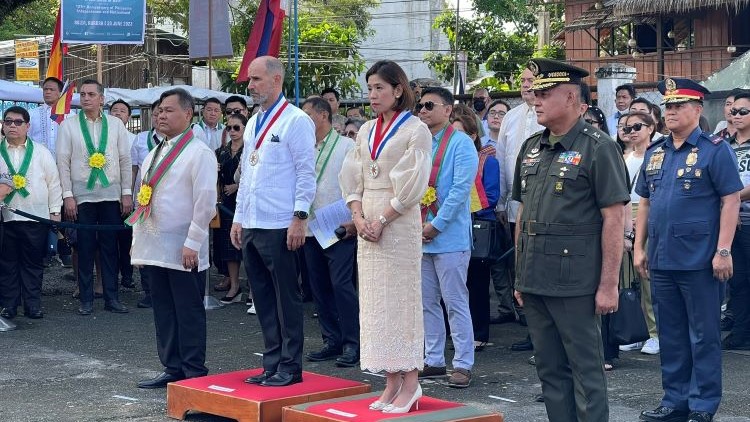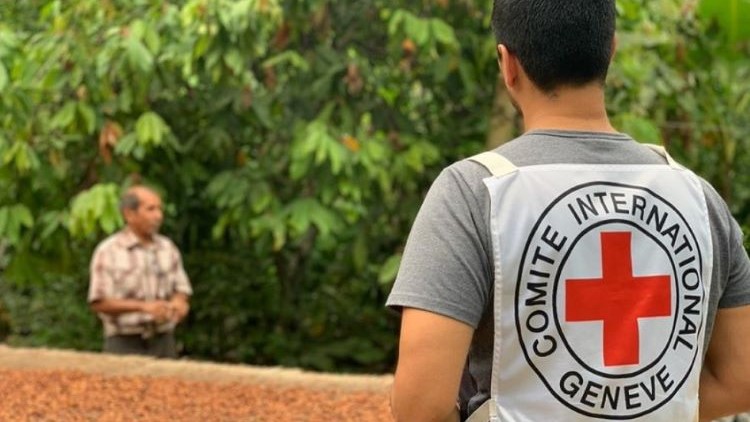The Diplomat
Spain and the Philippines yesterday jointly commemorated the 125th anniversary of the siege of Baler and Philippine independence by paying tribute to the Spanish soldiers who have since been known as “the last of the Philippines”.
At the event, which took place in Baler, a small town in the northwest of the archipelago, Spain was represented by the ambassador in Manila, Miguel Utray, and by Spain’s director general for North America, Europe and Asia Pacific, Javier Salido. The Philippines were represented by the Minister of Budget, Amenah Pangandaman, together with Senator Sonny Angara, whose father, Senator Edgardo Angara, was the promoter of the day of Spanish-Philippine friendship, which celebrated its 21st edition yesterday, reports Efe.
The commemoration included a tribute to the Spanish and Philippine flags and a military salute in front of the Church of San Luis Obispo de Tolosa, where the besieged Spanish soldiers resisted the rebel troops for almost a year and until almost half a year after the end of the war because they did not believe those who told them that the war was over.
The Spanish ambassador declared that the commemoration “is the best example of the historical, cultural and emotional ties” that unite Spain and the Philippines.
For his part, Senator Angara told Efe that it is “a very unique celebration in the world, if we take into account that the colonising and colonised countries commemorate the last days of the occupation”.
“This does not happen in many places, and what better tribute than the safe return of these soldiers to Spain after the revolution”, said Angara, who added that “this day is to celebrate life and friendship, the soldiers were even received with honours in Manila”.
The Philippine Budget Minister expressed her gratitude to the Spanish authorities and referred to the “growing number of Spanish companies present in the country”, which help “the economic development of our nation”.
On 1 July 1898, around 50 Spanish soldiers barricaded themselves in the church of Baler, along with some Franciscan monks, to resist the siege by Filipino rebels fighting for independence with the help of the United States.
For 337 days, the garrison distrusted repeated messages from abroad, in which emissaries – including a Spanish lieutenant colonel – begged them to lay down their arms in the face of the already-consummated defeat of the Spanish forces on 10 December 1898.
Two of the soldiers were shot dead, while 14 others died of disease and two others were executed for aiding a deserter.
Finally, on 2 June 1899, the 33 survivors of the siege believed that Spain had surrendered and laid down their arms.
They were received on 30 June by the first Philippine president, Emilio Aguinaldo, who praised the heroic resistance of the ‘last of the Philippines’.
On the same day, Aguinaldo issued the so-called Tarlac decree, in which he ordered the surrendered soldiers to be treated ‘as friends’ for having carried out such a ‘glorious epic, so typical of the legendary courage of the sons of El Cid and Pelayo’, according to the text of the edict.
The surviving soldiers returned to Spain, where they were also treated with honours.






